Wine newcomers, what you need to know
To start doing anything whether it’s a professional goal or a hobby, the beginning of learning something is always difficult, as for new wine lovers, this is not an exception, it can even be more difficult because wines are practically a separate world of characteristics, secrets, and curiosities that require a good time to learn and appreciate.
One of the first basic tips is to start gradually, drinking reasonably and consciously to train your senses and start feeling what each wine wants to tell us with its notes, flavors, aromas, and particular characteristics.
Doing it like this, you will be able to perceive the different sensations that wines produce, at the beginning, it will be somewhat vague terms but gradually you will begin to understand more and more. In the beginning, it is highly recommended to start learning with simple wines, so you don’t get overwhelmed by complex notes and flavors.
It’s important to remember that perceptions and tastes will vary from person to person, as each person has their particular tastes, and not all will agree on having the same sensations and perceptions. There are many wines suitable for aspiring wine lovers. Everyone lives wine in their way.
Wine sensations and notes
Broadly speaking, wines are composed of fermented grape juice. The characteristics are given by the body, aroma, and taste of the wine depending mostly on the type of grape from which it is made. Future wine lovers should focus on single-varietal wines at first, they’re made from different international grapes from well-known countries, such as Cabernet Sauvignon, Sauvignon Blanc, Chardonnay, and others.
The varieties in the grape and the color will highlight the different tones in the aroma. You should try to perceive at least the flavors in the glass. It is known that several red wines are generally predominated by red berries, leather, and tobacco. White wines are usually predominated by aromas of apples, pears, herbaceous notes, and more.
Choosing the best wines for future wine lovers will help you to start successfully in the world of wine education. These tips will serve to speed up the transit and knowledge in the wine world. Now we’re going to share with you a series of tips that we’re sure are going to help you to become not only a wine lover but a successful connoisseur.
Flavors, how to begin to perceive them in the wine
Wines are not that simple, the flavors, the body, and texture of the wine are just some characteristics that determine the personality of a wine, which can be heavy or light, soft or intense in the mouth. These sensations are the ones that beginners should prioritize to advance in the goal of becoming future experts and wine lovers.
To start on the right foot, it is a good option to begin learning with light wines, reaching the complex ones later, because they are the most complicated to perceive and define the characteristics.
In the beginning, some new wine lovers tend to prefer sweet wines. The sweetness in wines is determined if they are very dry and white, such as a Chardonnay or Cabernet Sauvignon. We can also find other sweeter wines such as port and sherry. For some new wine lovers, semi-dry wines are a very good initial option. It’s up to you to try any wine that eye catches you.
Preference of beginners in learning about wines
For those taking their first steps in the world of wines, it’s pretty common for them to prefer wines that are not too bitter, but they should keep in mind that the acidity in the wines must be present to prevent them from becoming too cloying because of the sweetness. This characteristic brings freshness and enhances the flavor.
All new aspiring wine lovers should know that to have a complete and quality wine, it must have a balance and acidity that maintains harmony with the other aspects of it. In short, at first, try choosing less acidic bottles.
White wine for beginners
Particularly this is a very personal decision, to start the learning experience with wines, whether to prefer reds or opt for whites. However, as a wise recommendation, it may be easier to start the learning experience with white wines.
This is based on the fact that white wines are usually lighter and clearer than red wines. Of course, you won’t get out of here without some advice directly from the hand of our experts. Enjoy!
1. Research and devour a lot of information
Research and search on the internet for videos, content published by experts, reviews, recommendations, interviews of sommeliers or winemakers, and more! Don’t forget to check out our wine blog, where we always offer the best ideas and resources to start in the world of wine.
2. For starters, whites, and rosés are best.
We know that wines can be underwhelming, there are hundreds of labels, thousands of grapes, and more! However, just as we said earlier, white wines can be a great option for people who are new to this, it also happens that rosés adjust to this category as well. These two are wonderful for people who are not used to alcohol.
3. Start with light wines and then go for heavier wines
There are many different types of wines. The best red wine for beginners is the lightest and more fruit-like possible. Robust and full-bodied red wines are best left for when you’re more experienced, as they are more complex to taste, therefore, we insist on the idea that rosés and whites are good options to introduce yourself to this gargantuan world.
4. Stay away from expensive wines at the beginning
Wine for beginners should normally be simpler and more accessible than sophisticated wine, designed for the most demanding palates. Do not spend a lot of money on a bottle, thinking you will get the best result. Aim low at the start and choose something less presumptuous. Undoubtedly, the tasting notes of more expensive wines are more valuable with the more experience you acquire.
5. Follow the tasting steps
Within the sensory analysis of wine, there are three tasting phases: observing, smelling, and tasting.
In each of the phases, we should carry out a systematic analysis should, which together will give the definitive appraisal of the wine you’re drinking
For us to be able to taste, our senses must receive a stimulus that makes our nervous system react, reaches our brain, and provokes a reaction that analyzes and compares with sensations we previously experienced and gives us an answer as a result of this analysis.
6. Drink slowly and take your time
Sensations are unconscious, if they are unknown, they cannot be understood, and either go unnoticed or be mixed with other sensations and feelings.
If you choose a wine carefully, you should take the necessary time to appreciate it. Do not drink it all at once: swirl it around in the glass so that it releases its aromas and oxygenates; appreciate its color. Only then enjoy it on the palate, lingering on its flavor and texture.
Conclusion
We are sure that these tips will help you when you start learning about wines, as well as we recommend you to keep an eye out for our wine store finding.wine, where you will learn about the diversity of international wines and at the same time you will always get valuable information to become the perfect connoisseur. We have a wine club where you can join and make your journey easier!
Over time you will become an expert in the elaboration of different wines, each of its phases, how to serve wine, in addition to all the accessories you need, as well as learning how to make the perfect wine pairing. Good luck on your way and as always, cheers!


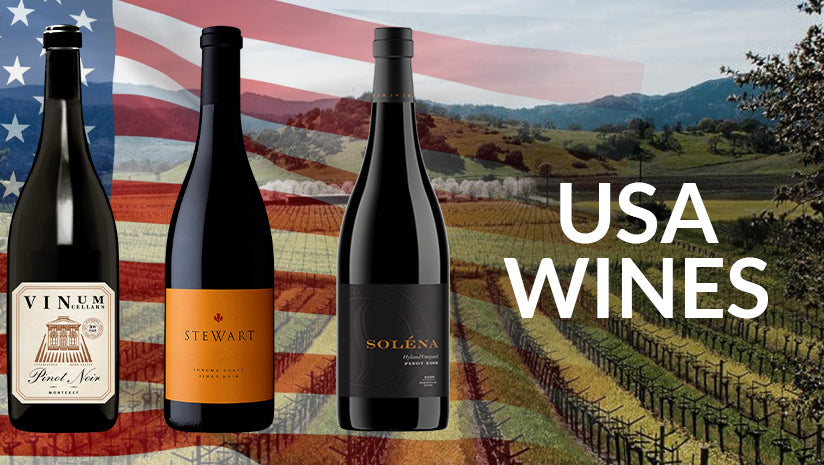
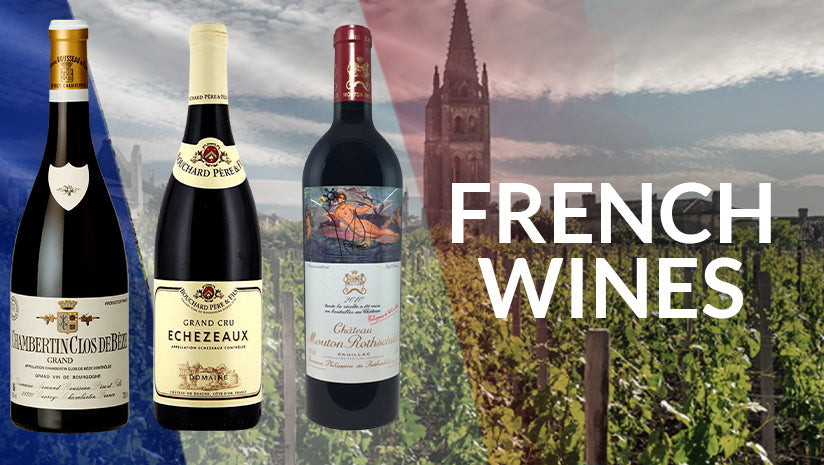
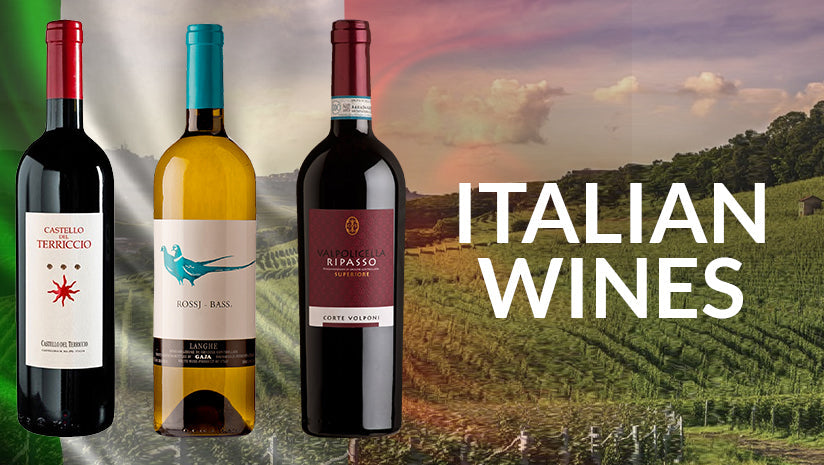

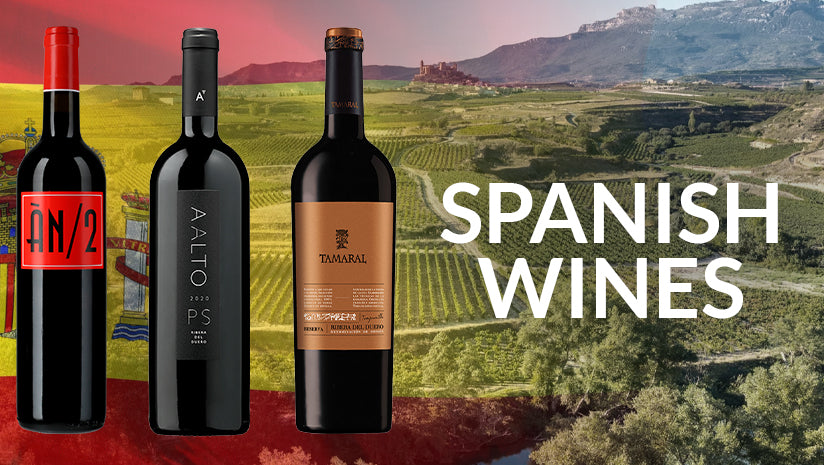
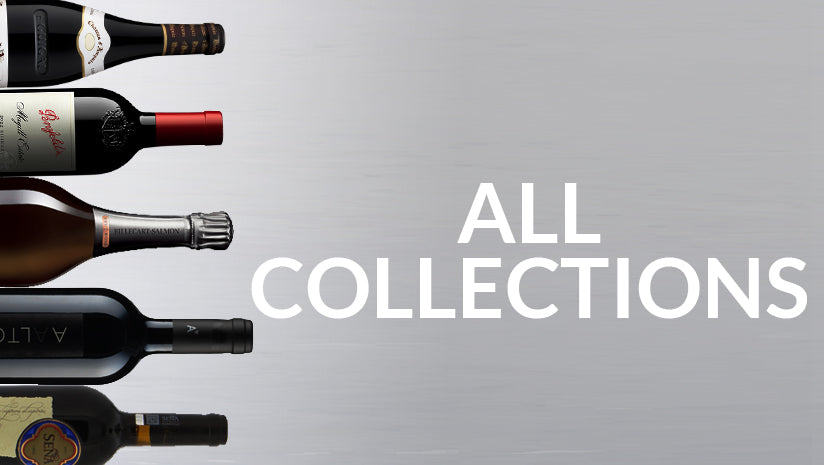


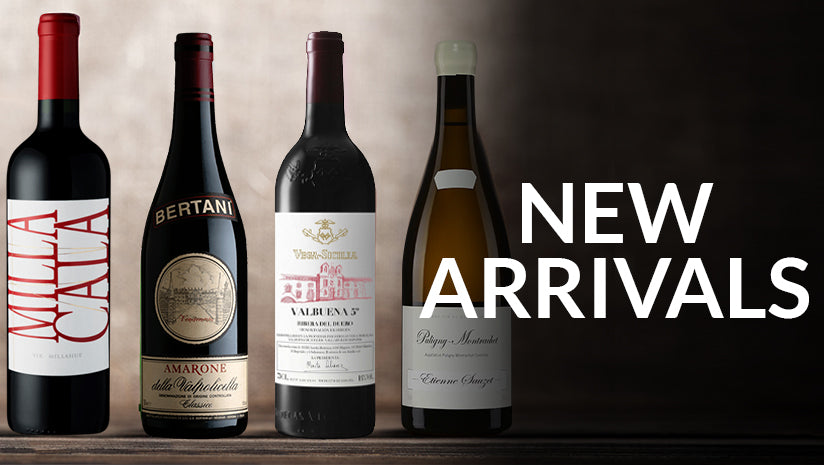
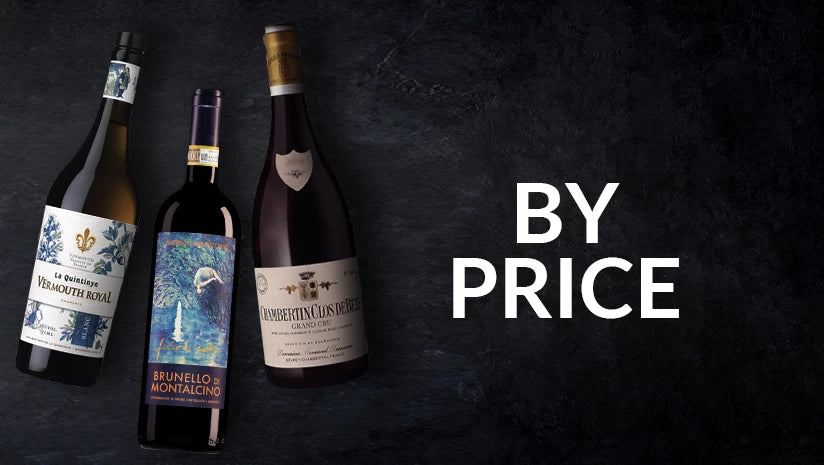














Leave a comment